Loading Port:Shekou
Payment Terms:TT OR LC
Min Order Qty:1000
Supply Capability:10000 /month
Recessed LED Panel light 300x300 600x600 300x600 300x1200mm
LED PANEL LIGHT
one new invent of Lighting Panel ,which is perfect for installation on ceiling for residential lighting,commercial lighting etc
Features
1. Lumen efficacy: 80-90lm/w.
2. Optional color temperatures:3000~6000K
3. Excellent color rendering index: Ra>75
4. Working environment temp: -25~ 50 c
5. Power factor:≥0.9
6.Shell protection:IP44
7.Size:600x600mm,300x 300mm,1200x300mm,1200x600mm
8.Material:PC+AL
LED Panel Light Advantages:
1.Long Lifetime
2.High luminous efficiency
3.High color rendition
4.Good heat dissipation
5.Quick start,no frequent flash
6.Lighting softly,protect eyesight
7.Without Radiation
8.Low power consumption
9.Low light degradation
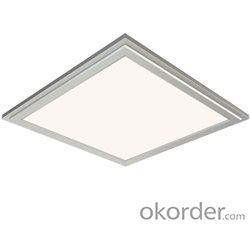 | Model: | FR-PF-02 |
| Power: | 16W/22W/36W/42W/45W/72W | |
| Light Efficiency: | 80lm/W | |
| Power factor: | >0.9 | |
| Luminous flux: | 1280LM--5760lm | |
| CCT: | WW:2700-3200k NW:3800-4500K CW:5300-7000K | |
| Ip Rating: | 44 | |
| Body Material: | Aluminum | |
| Optional Power: | 16W/22W/36W/42W/45W/72W | |
| Dimension (mm) : | 300x300 600x600 300x600 300x1200mm | |
| Certificate: | CE,RoHS |
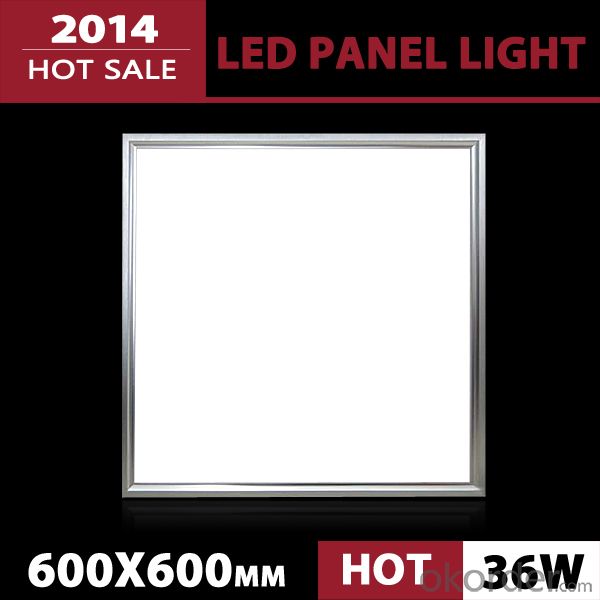
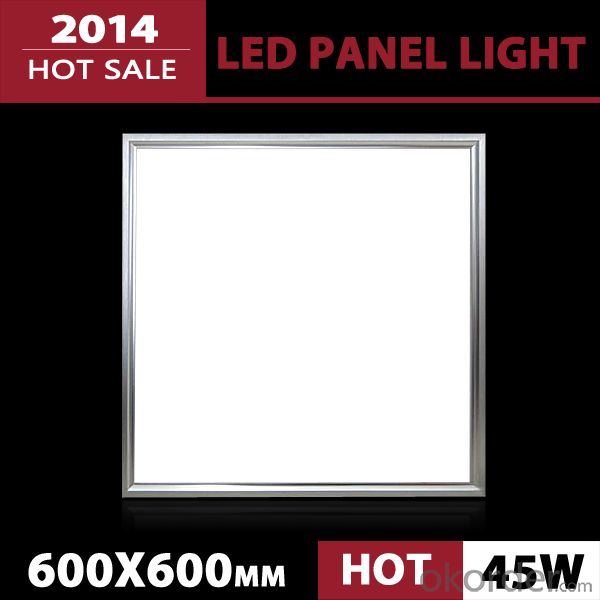
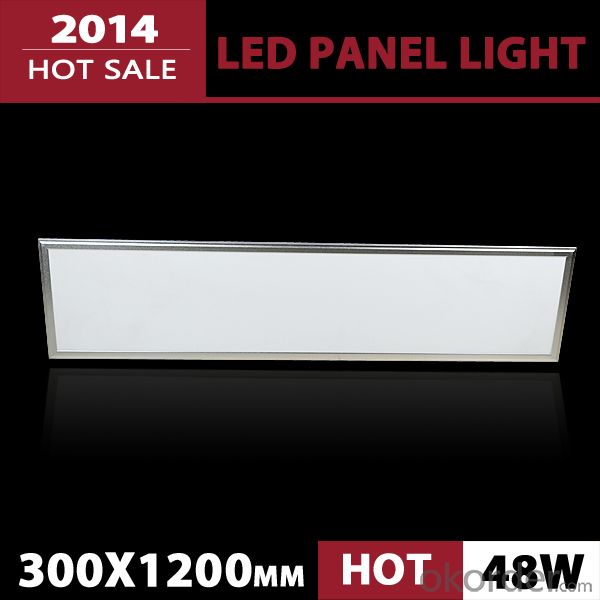
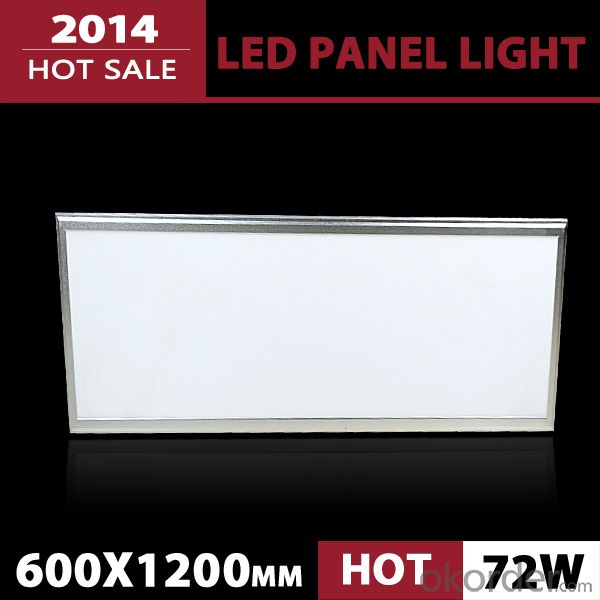
FAQ:
Q: What is your Led Panel Light use ?
A: The lighting source
Q: What is the size CNBM can offer ?
A: 30x30cm,60x60cm,120x30cm,62x62cm,120x60cm
Q: What is the Power Factor of your LED Light ?
A :0.5 or 0.9
Q: What is the Color Rendex Index ?
A: RA 70,RA80.RA90
Q: What is the light efficiency of CNBM Led Panel Light ?
A: 70LM/W,80LM/W,90LM/W upto 110LM/W
Q: Which kind of mounting solutions of your LED PANEL LIGHT ?
A: Recessed Type, Suspension Grid,Surfaced Mounted etc
Q: What is your LED Warranty Terms ?
A: 2 YEARS - 5 Years
Q: How long is 50,000 hours
A:Based on how long a fixture is illuminated per day, here's what 50,00 works out to be
Lifespan Hours of Operation: 50,000 hours is
24 hours per day: 5.7 Years
18 hours per day: 7.4 years
12 hours per day: 11.4 years
8 hours per day: 17.1 years
Q: How are the LED Lights evaluated?
A: Lumens produced is just one factor of the performance of a light, and sometimes it is misleading.
To understand how to fully evaluate the LED product, we need to look the overall system efficiency, optical control, thermal management of the LEDs.
Another factor that can also be very misleading is the life of an LED lights, the life time is defined by how long will the light last before the fixture reaches 30 percent lumen depreciation. For example, most time the LED Light has life time of 50,000 hours, it doesn't mean that after 50,000 hours, the LED Bulb won't work at all, it will still be working and it's just the Lumens it emitts is 30% less than when it's first used.
Optical control is very simple to understand, it's the technique used to emit as much the light the light sourced produced as it can.
Thermal managment is another important factor for evaluation of the LED product, as we all know, if the one electric appliance is very hot when it's used, it actually wastes a lot of energy as this energy is used to produce heat, not used for the goal of the appliance.
To maintain the extended life of the fixture, LEDs need to be shed heat that builds inside the fixture. A low junction temperature is key to effective thermal management. The heat pipe assembly contains heat pipes that move heat away from the LEDs and the circuit board quickly and effectively. Through this effective thermal management design, the fixture is guaranteed to operate at the proper temperatures.
As the Department of Energy concluded in its Solid-State Lighting Commercial Product Testing Program: "Until the field of SSL technologies and supporting knowledge matures, any claims regarding performance of SSL luminaires should be based on overall luminaire efficacy (i.e., from testing of the entire luminaire, including LEDs, drivers heat sinks, optical lenses and housing), to avoid misleading buyers and causing long-term damage to the SSL market"